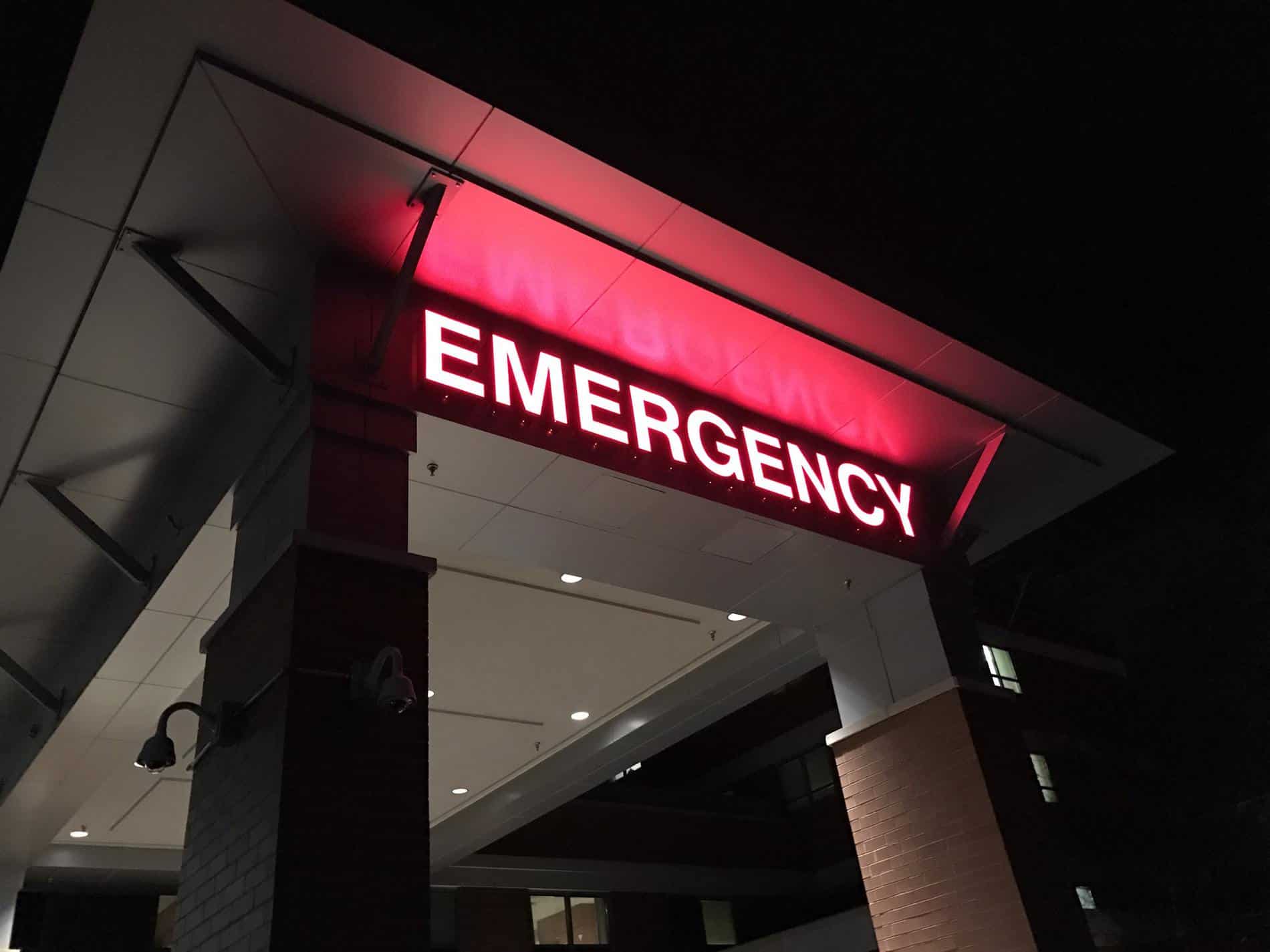Waterloo Region is not immune to the fourth wave of the pandemic sweeping across the country, with local hospitals feeling the effects of the dangerous Delta variant, say health officials.
“We’re seeing a constant sort of rise in hospitalizations in the province and Ontario Health West, which extends from Guelph all the way down to Windsor. Our planning efforts really have started again in earnest , we’ve been here before, we know how we may need to come together to support each other as we see those cases start to rise,” said St. Mary’s General Hospital president Lee Fairclough at the region’s weekly pandemic briefing September 10.
She said hospitals are feeling the pressure, emergency departments are short-staffed and the Delta variant has brought an increase in ICU patients.
Fairclough noted that patients sick with Delta are staying in hospitals longer and residents are 25 times more likely to be hospitalized if they’re unvaccinated.
“Our biggest focus has been on how can we ensure we can get back to all of the other services, the non-COVID related care. Many of us are working very hard to fully resume all the surgeries and procedures – we do get a bit concerned about the projections for the fall,as we see what’s happened in other jurisdictions that have opened up much more than we have, such as Alberta.”
Alberta is home to some of the latest COVID-19 hotspots. It’s also had looser and fewer mandates than other provinces over the past 18 months.
“With Ontario in the fourth wave, we have seen a slowly increasing trend in the number of daily cases in Waterloo Region, especially among those who have not been vaccinated. We need to continue increasing our vaccination rates as well as continue with our basic public health precautions – those who are fully vaccinated still need to be cautious, they can still become infected with COVID-19,” said medical officer of health Dr. Hsiu-Li Wang.
Eighty-one per cent of eligible residents in the region are now fully vaccinated; just over 87 per cent have received at least one dose.
Tracking those who’ve been vaccinated will be part of a new vaccine passport announced by the province and to be rolled out by September 22.
At midweek, there were 189 active cases of COVID-19 in the region, up 20 from a week earlier. Officials are monitoring outbreaks in six locations, up from three as this point last week. Two people succumbed to the disease in the past week, bringing the total to 292 since the pandemic began.
The numbers are trending down slightly in Wellington-Dufferin-Guelph, with the midweek total at 116 active cases, up from 135 a week earlier. There was a fatality in the catchment area for the first time in almost two months, bring the total to 127.
The province continues to see growth in the total number of cases, with the tally now at 575,800, up about a 4,000 in the past week.
There have been 9,624 deaths attributed to the virus – up 71 over the week before – representing a mortality rate of 1.7 per cent. The ministry reports 560,000 cases (97.3 per cent) have been resolved.
The latest numbers from Health Canada show 42,400 active cases nationwide, up about 5,000 from a week earlier. The cumulative total of confirmed cases now stands at 1,555,121, with 27,263 related deaths, a mortality rate of 1.8 per cent.









